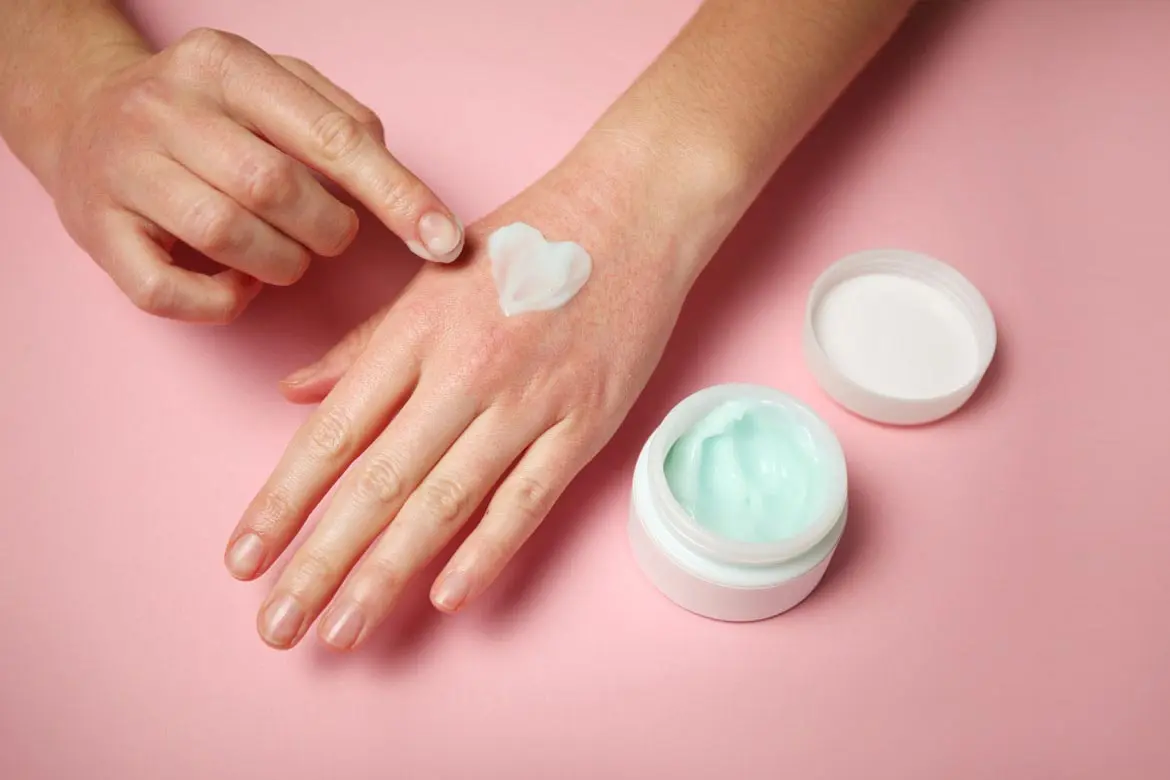Dr Tay Liang Kiat
Dermatologist


Source: Shutterstock
Dermatologist
Eczema, commonly referred to as atopic dermatitis, causes patches of your skin to be itchy and inflamed.
Eczema is a long-lasting (chronic) condition that tends to flare up periodically. People who suffer from asthma, allergic rhinitis, or have relatives who have eczema, are at a higher risk of having the skin condition. Eczema is not contagious.
Symptoms of eczema may vary from person to person. Some of the most common symptoms of eczema include:
Eczema symptoms can start in infancy and continue through adulthood. However, nearly half of children diagnosed with eczema will outgrow the condition or have their symptoms greatly improve by the time they reach puberty.
In other people it can start in the teenage years and disappear by young adulthood.
For many others, eczema can be a lifelong condition. There also be times when symptoms disappear (called the remission period) and other times when symptoms worsen (called flare-ups).
When most people refer to eczema, they usually mean atopic dermatitis as it is the most common and chronic type of eczema. The following are other common types of eczema which may match your particular symptoms:
This skin condition occurs when your skin comes into contact with irritants or allergic substances, leading to itchy red rashes or even blisters. The inflammation usually goes away following treatment and when the offending substance is removed.
This type of eczema causes round red patches on the skin and usually affects your legs. It can be mistaken as fungal infection.
Dyshidrotic eczema, also known as dyshidrotic dermatitis or pompholyx cause tiny blisters on the hands, fingers and soles of the feet. It is often seen in adults under 40 years although it can happen at any age.
Symptoms of dyshidrotic eczema usually starts as severe itching and burning of the skin on the hands and fingers. This further develops into tiny itchy blisters on the palms and sides of the fingers that may weep fluid.
Seborrheic dermatitis causes itchy, red, scaly rashes over oily skin areas of your scalp, eyebrows, eyelids, the sides of your nose, and behind your ears.
The cause of eczema is not fully understood but is believed to be a combination of dysfunctional skin barrier and an overactive immune system which may respond aggressively when exposed to irritants. Eczema triggers include:
Although living with eczema can sometimes be challenging, there are steps you can take to help better manage your eczema:
If you need some help controlling your eczema itch, you may want to consider antihistamines. Examples of antihistamines for eczema include:
Different potency steroid creams can be used to treat eczema skin inflammation, depending on extent and area of rashes. Your doctor can explain the proper use of creams and monitor for side effects. There are also non-steroid creams to treat skin inflammation, generally used for sensitive areas on the face and eyelids.
If you have a bad flare, you may require intensive topical treatment (wet wraps) or a course of oral steroids. Oral medications may be required to treat any skin infections or infected eczema.
If flare-ups are recurrent or eczema is difficult to control, you may need to escalate treatment. Your doctor may prescribe medication to control the immune system (eg. ciclosporin, azathioprine, or the new biologic injection dupilumab). Phototherapy may be another option.
Allergy tests may be required for certain types of eczema and to identify potential substances which your skin may be allergic to.
A skin prick test can test for as many as 50 different substances at once such as, pollen, mold, pet dander, dust mites and food. The test is performed by gently pricking the skin's surface using needles and placing small drops of allergen extracts into the skin's surface. If you are allergic to any of the tested substances, a raised, red, itchy bump will appear.
Patch tests are done to see if a particular substance is causing an allergic skin inflammation. Substances that are tested may include latex, fragrances, preservatives and metals. The test can be used to detect allergic reactions that take several days to develop. Allergens are applied to patches and then placed on your skin, either on your arm or back for 48 hours. Irritated skin at the patch site may indicate an allergy.
There is no clear link that has been found between eczema and food allergies. Some people who have eczema are also diagnosed with food allergies and therefore must avoid certain foods to prevent causing or worsening dermatitis.
Some of the foods that people are commonly allergic to that may result in eczema flare-ups include eggs, milk, soy and wheat.
See a dermatologist if you:
If you currently suffer from eczema, don't be disheartened. Consult your dermatologist early and begin taking steps to manage the condition.